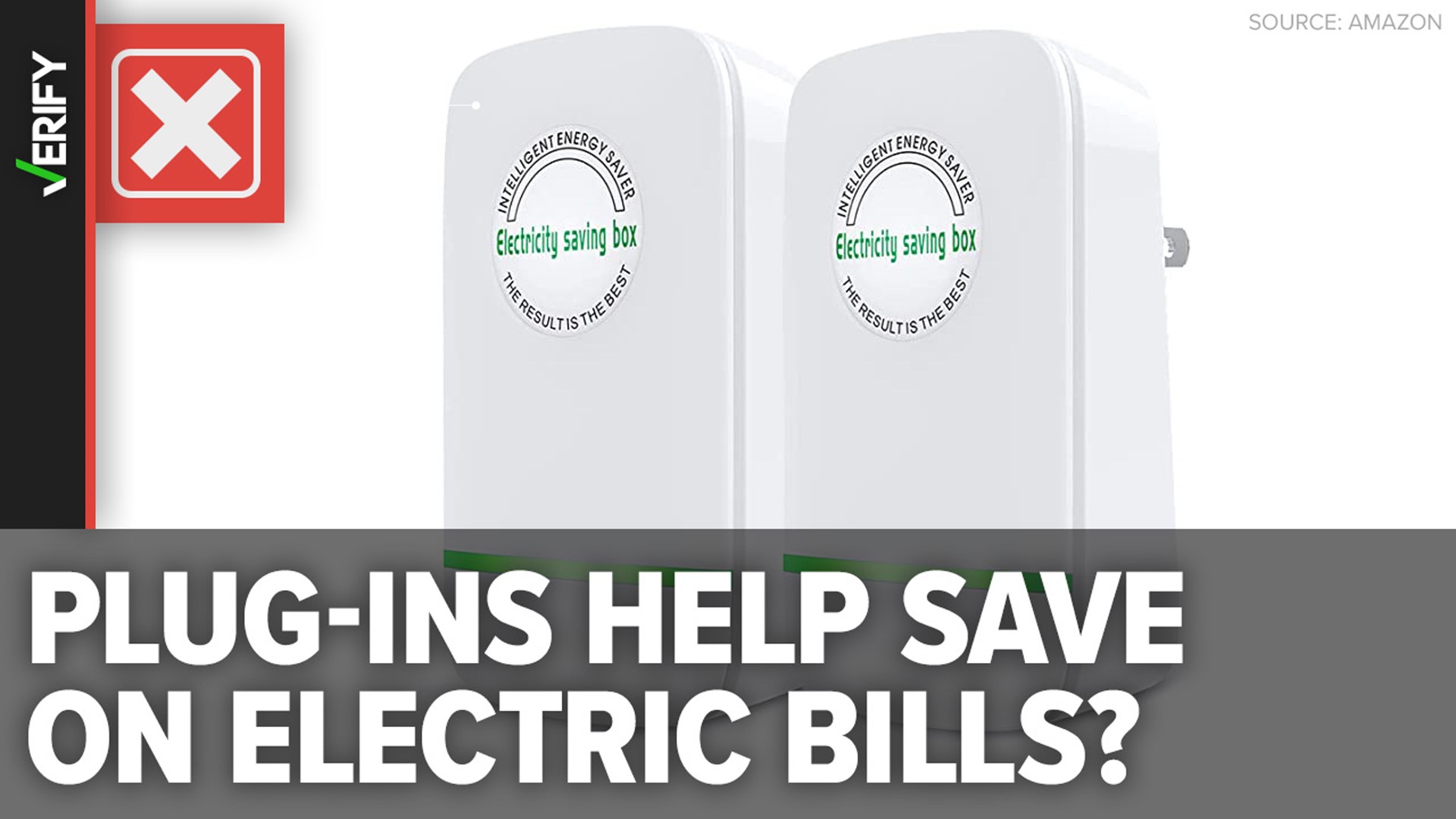ATLANTA — Georgia will be seeing more than $1 billion out of a $42 billion plan announced by the Biden administration Monday to expand rural broadband access.
The amount each state, territory and Washington, D.C., will receive from the $42.5 billion program depends primarily on the number of unserved locations in each jurisdiction or those locations that lack access to internet speeds of at least 25 megabits per second download and 3 Mbps upload.
The grants, which are listed on the Biden administration's website internetforall.gov, will be administered by the Department of Commerce.
Georgia Democratic Sen. Jon Ossoff said in a release that he and Sen. Raphael Warnock had worked with the Biden administration to secure funds for the Peach State.
“Since taking office, Sen. Warnock and I made expanding high-speed internet in Georgia a top priority,” Sen. Ossoff said in a statement. “Through the bipartisan infrastructure law, we are now delivering an unprecedented investment in broadband access for families and businesses across the state of Georgia. I thank President Biden and Secretary Raimondo for supporting our efforts to expand high-speed internet in Georgia.”
The release by Ossoff's office said he and a coalition of 100 local leaders had "successfully pushed the Biden Administration to upgrade National Broadband Maps to more accurately reflect locations in Georgia that are in need of high-speed internet access — leading to this historic announcement today."
Likening the push for universal connectivity to the Rural Electrification Act of 1936, when the federal government installed the electric utility lines that brought light to the countryside all across the U.S., White House chief of staff Jeff Zients said access to high-speed internet is as imperative to day-to-day life as electricity.
“We all know how difficult life is when electricity goes down after a storm or for other reasons,” Zients said on a Friday call with reporters to preview the announcement. “For millions of Americans in rural communities in particular, the internet is down a lot. Sometimes there’s not even any access.”
More than 7% of the country falls under the underserved category, according to maps recently completed by the Federal Communications Commission to set the course for the massive undertaking.
Congress approved the Broadband Equity, Access and Deployment program, or BEAD, along with several other internet expansion initiatives, through the infrastructure bill the Democratic president signed in 2021.

